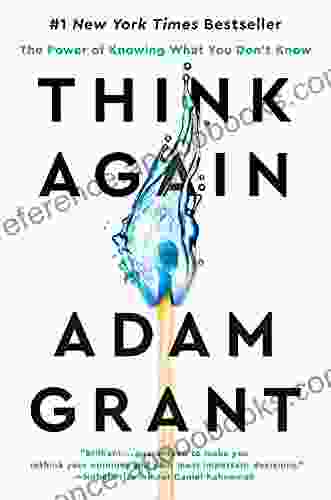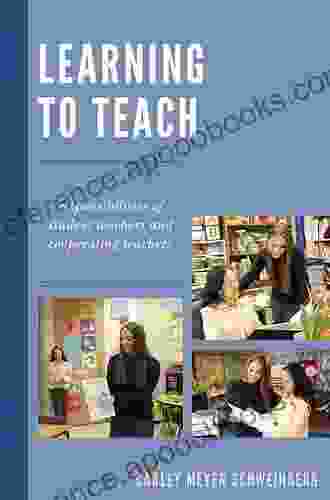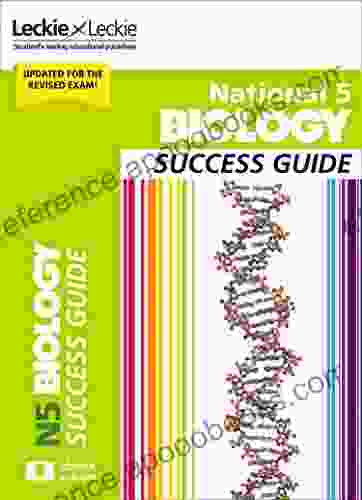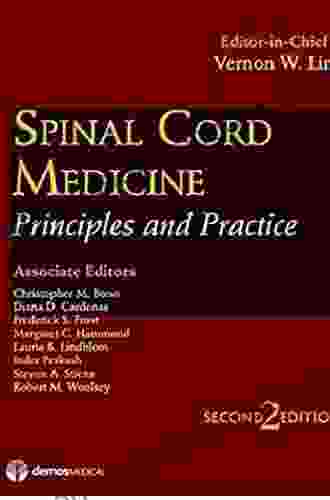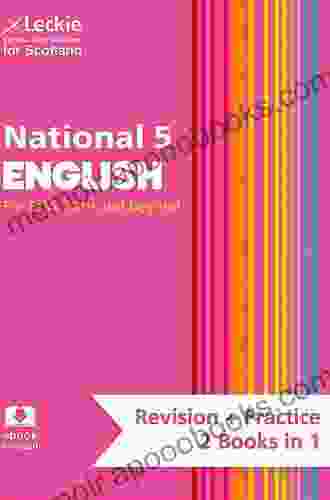In today's rapidly evolving world, knowledge is more essential than ever before. However, our knowledge is often limited to what we already know, which can be a significant obstacle to growth and success. The Power of Knowing What You Don't Know, a groundbreaking work by acclaimed author David Epstein, explores the transformative potential of embracing our ignorance and seeking out knowledge that challenges our assumptions.
Challenging Our Assumptions
We often assume that our knowledge is comprehensive, when in reality it is often incomplete and biased. Epstein argues that this overconfidence can lead us to make poor decisions and miss out on valuable opportunities. By acknowledging our ignorance, we open ourselves up to learning and new perspectives.
4.6 out of 5
| Language | : | English |
| File size | : | 34248 KB |
| Text-to-Speech | : | Enabled |
| Screen Reader | : | Supported |
| Enhanced typesetting | : | Enabled |
| X-Ray | : | Enabled |
| Word Wise | : | Enabled |
| Print length | : | 319 pages |
Epstein shares examples of individuals and organizations that have achieved remarkable success by recognizing and addressing their knowledge gaps. General Jim Mattis, for instance, transformed the US Marine Corps by identifying areas where the military lacked expertise and actively sought out knowledge from outside sources.
Seeking Out Diverse Perspectives
A key to expanding our knowledge is to seek out diverse perspectives that challenge our existing beliefs. This requires us to engage with people from different backgrounds, disciplines, and viewpoints. By exposing ourselves to different ways of thinking, we broaden our understanding and become more open to new ideas.
Epstein emphasizes the importance of developing a "cognitive diversity" advantage. Organizations that foster a culture of open-mindedness and intellectual humility are more likely to innovate and succeed in a rapidly changing environment.
Learning to Learn
Embracing our ignorance also requires us to become lifelong learners. Epstein provides practical advice on how to develop a mindset conducive to learning. This includes embracing failure as an opportunity for growth, seeking out feedback, and constantly challenging our assumptions.
He also highlights the importance of learning across disciplines. By combining knowledge from different fields, we can gain a more holistic understanding of the world and develop innovative solutions to complex problems.
Benefits of Knowing What You Don't Know
Embracing the power of knowing what you don't know offers numerous benefits, including:
- Improved decision-making: By acknowledging our ignorance, we avoid making decisions based on incomplete or biased information.
- Enhanced adaptability: In a rapidly changing world, the ability to recognize and address knowledge gaps is critical for staying ahead of the curve.
- Increased innovation: Seeking out diverse perspectives and learning across disciplines fosters creativity and leads to breakthrough ideas.
- Improved collaboration: When we recognize our own limitations, we become more receptive to the knowledge and expertise of others, leading to more effective collaboration.
The Power of Knowing What You Don't Know is a thought-provoking and transformative work that challenges our assumptions and encourages us to embrace the unknown. By recognizing and addressing our knowledge gaps, we unlock our potential, make better decisions, and adapt more effectively to the ever-changing world around us.
In an era where knowledge is both a necessity and a competitive advantage, this book is a must-read for anyone seeking to develop a lifelong learning mindset and achieve their full potential.



